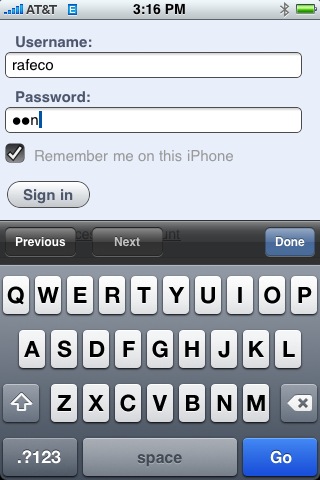Brough Turner says the congestion problems on AT&T’s network may be the result of misconfigured routers:
Recently I was talking with a friend whose company continuously operates (and monitors) multiple 3G data links on the Verizon Wireless, AT&T Wireless and Sprint PCS networks. His data shows periods when the round trip time for http requests goes over 8 seconds, on the AT&T Wireless network only! I don’t have a copy of his data that I can examine in detail, but when combined with David Reeds report, it certainly appears AT&T Wireless has configuration problems. If you read on you’ll see this may not be the result of gross stupidity, but someone at AT&T Wireless should be a little embarrassed.
The argument he makes is really interesting. The limiting factor for AT&T’s network is over the air capacity. TCP stacks handle congestion by throttling back their traffic when they detect packet loss. If AT&T’s network that backs up the over the air network does not induce sufficient packet loss, then devices will not handle congestion properly and further oversaturate the network, thus eroding the network’s capacity to degrade gracefully. I have no idea if this is the case, but it certainly seems possible.
Don’t miss the comments on the post, they’re really interesting as well.

The sleaziness of wireless carriers
David Pogue has blown the whistle on unethical billing practices at wireless carriers before, and he does it again today, this time calling them out for making it difficult for customers to avoid getting tagged with excess data charges every month. Here’s a quote from an unnamed Verizon employee:
AT&T pulls exactly the same stunt. (Via Daring Fireball.)